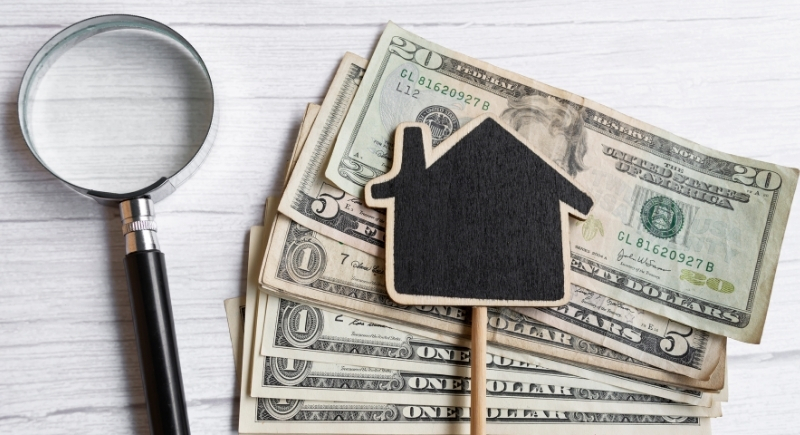Apparently, Millionaires Don’t Think They’re ‘Wealthy’ Anymore
Hitting seven figures used to be the dream. A million dollars meant you’d “made it,” complete with the house, the car, the vacations, maybe even early retirement. But the glow around that number has faded. These days, many people with commas in their bank accounts are wondering why they still feel broke.
Recent surveys show a growing number of American millionaires who say they don’t feel rich at all. In fact, Northwestern Mutual’s 2024 study found that nearly 70% of them wouldn’t call themselves “wealthy.” A year later, the company reported the same pattern: only about one in three millionaires now say they feel financially successful. The question is why.
The Millionaire Benchmark Isn’t What It Used To Be

Image via Canva/Jenn Miranda
A million dollars still sounds impressive, but inflation has changed the math. One million in 2025 has the same buying power as about $531,000 did in 2000. Go back to 1980, and it’s worth roughly $254,000.
The shrinking value explains part of the problem, because what once meant financial freedom now barely covers the cost of living in expensive cities.
Home prices have increased by over 500% in some metropolitan areas over the past forty years. In places like San Francisco or New York, a modest family home can swallow most of that million right away. After that, taxes, childcare, and healthcare take care of the rest. Suddenly, being a millionaire feels more middle-class than elite.
By all accounts, there are more millionaires in the United States than ever before. Bloomberg reports the total has climbed past 24 million, with hundreds of thousands joining the club each year. The top one percent now controls over $46 trillion in combined wealth. So why does so much wealth come with so little satisfaction?
Part of it comes down to perspective. Surveys by Charles Schwab show that Americans now believe it takes about $2.5 million in net worth to be considered wealthy. In cities like San Francisco, that number jumps to $4.4 million.
Even millionaires often set their own bar closer to $3 million or more. Wealth has become a moving target that continues to expand further every year.
The Quiet Pressure Of Lifestyle Creep
Many financial planners point to lifestyle creep, the pattern where expenses expand to match income. As paychecks increase, so do expectations for larger homes, private schools, and fancier vacations. It’s easy for even high earners to feel stretched when their spending rises as quickly as their earnings.
Some millionaires also discover that a significant portion of their wealth is tied up in assets, such as property or retirement accounts. That money may look impressive on paper, but it doesn’t translate into daily spending freedom. They may be “asset rich,” but cash-poor enough to feel uneasy about bills, tuition, or market swings.
Social comparison adds another layer to the unease. Many wealthy Americans live near even more affluent people. A person with $1 million in savings might feel successful until they look around and see neighbors with private jets or vacation homes on multiple coasts.
Financial advisors say this effect is common. As people climb the ladder, their circle changes. Suddenly, they’re surrounded by others with more, and the sense of accomplishment fades.
It becomes less about how much they have and more about how much they think they lack.
The New Meaning Of “Wealthy”

Image via Canva/Jacob Lund
The American concept of wealth is shifting from a fixed number to a feeling of security, stability, and time to enjoy life. That sense of peace still feels out of reach for many. Even with growing fortunes, modern millionaires face an economy with rising costs and social pressure.
A million dollars still matters, but it doesn’t buy the peace of mind it once promised to provide. The result is a strange paradox where the richest generation of Americans in history may also be the least content with their wealth.